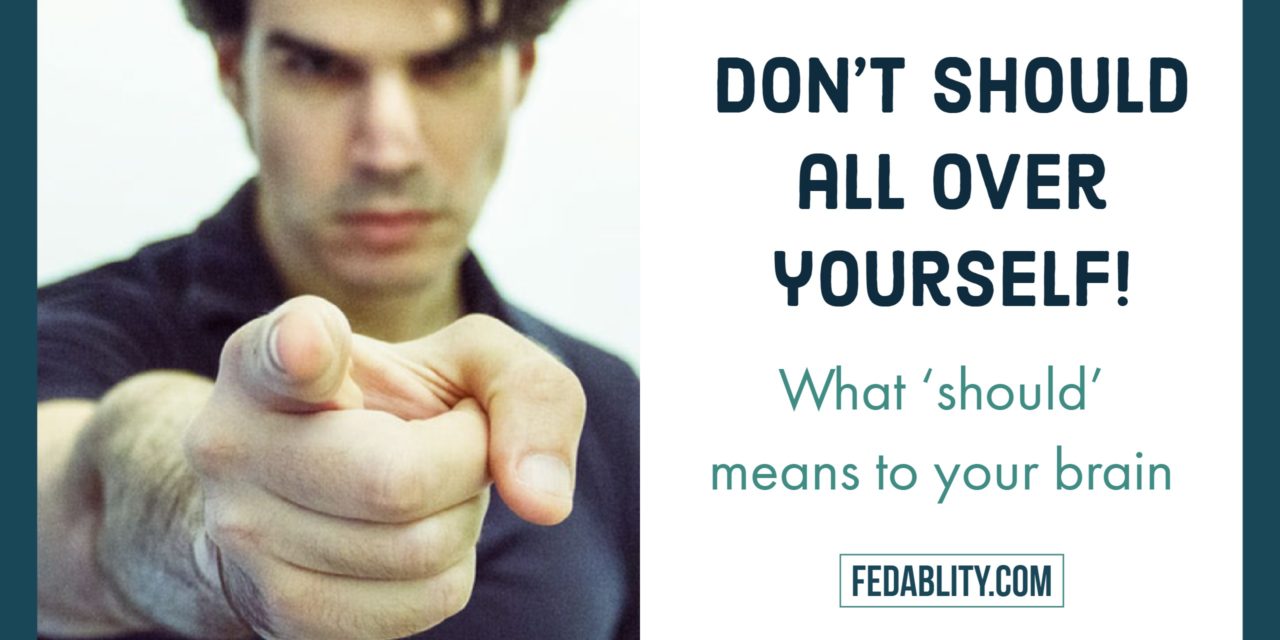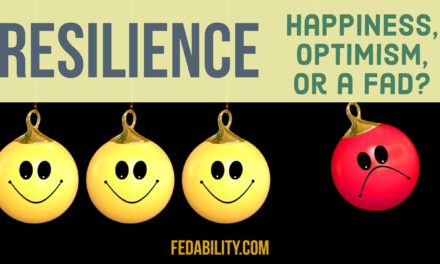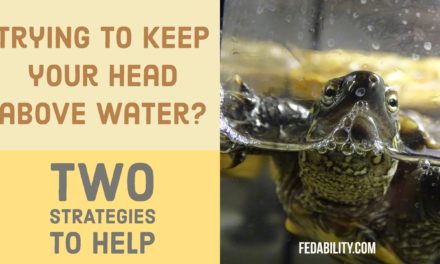What should you be doing right now? Should you be working rather than reading? Should you be going to bed rather than staying up late? Should you be getting ready to go to the gym? STOP with the “should”. Don’t should all over yourself! In this article I’ll share some ideas of what to do when you’re thinking about shoulding all over yourself.
I had a colleague who used this phrase with me quite often. He’d say: Don’t should all over yourself, or anyone else for that matter.
The first few times he said it, I’d stop and say, “Don’t what?”
And he’d respond, “You were just talking about what you SHOULD do. Don’t should all over yourself. Talk about what you want to do or what you will do. Not what you should do.”
You see, when you use the word ‘should’ it’s applying a judgement. It’s often implying a failure on your part (or someone elses) of what they should have done, but didn’t (or won’t). It’s describing an obligation that you believe you have that is different from what you are actually doing.
What happens in your brain when you should all over yourself
When your brain is working well, it makes quick judgement of connections between events, thoughts, feelings, etc. However, our brains are so quick to find connections that it sometimes tricks us into believing there are connections between things that aren’t actually connected.
It’s that old problem that many scientists and researchers have to remain vigilant for, “Correlation does not mean causation.”
When you should all over yourself, you are often engaging in what is called a cognitive distortion.
In short, cognitive distortions are biases perspectives that we have about the world or ourselves, which we unknowingly reinforce over time. More often than not, however, these biased perceptions:
- Are hard to recognize in ourselves
- Happen throughout the day
- Have a negative psychological impact if left unexamined such as depression, anxiety, guilt, procrastination. Said, in the words of a researcher renowned in the area of cognitive distortions:
“I suspect you will find that a great many of your negative feelings are in fact based on such thinking errors.” – David Burns
What to do instead when you should all over yourself
Examine the should.
Ask yourself why you should be doing this thing. What are the consequences if you don’t do it? What are the consequences if you do it? Are there benefits?
Let’s consider my own most common SHOULD: I should go to bed before 11pm.
Why should I?
- I will be sleepy during that 3 hour meeting tomorrow morning.
- My patience with my significant other tomorrow morning when we’re getting ready for work will be short.
- The likelihood of going to the gym will be slim when my alarm goes off.
- I may get into a car accident on my way to work because sleep deprivation leads to slower reaction times.
- Getting enough sleep is good for my health.
- etc.
Determine the likelihood.
How likely are the potential consequences identified?
The likelihood of being sleepy during that 3 hour meeting? Probably pretty high likelihood (even if I did go to bed by 11pm).
Of the above consequences, you might be saying that the car accident is relatively unlikely. Perhaps. But if it does happen – what are the consequences?
Weigh the consequences of not shoulding.
Ok, so you drift off during that 3 hour meeting. So what? If it’s a conference call that 50 other people are on and you aren’t a major player – this may not be so bad. Of course, you might want to consider whether this meeting is one that you ‘should’ be attending.
Side note: If you’re a victim of 3 hour meetings, check out our prior post on being a Meeting Hero. Also, a favorite book of mine on this topic is Death by Meeting: A Leadership Fable…About Solving the Most Painful Problem in Business.
At the same time, the likelihood of you getting into car accident is perhaps smaller. Not improbable since sleep deprivation does in fact lead to higher numbers of car accidents. But, if you do the consequences of the accident (however unlikely you determine) could be huge.
Make a conscious decision
When you should all over yourself, you are making unconscious linkages and judgements about whatever you are currently experiencing. While the ‘should’ may be true sometimes (the linkage exists, the likelihood is high, and the consequences bad), the problem is that they are making these determinations on autopilot.
By taking the steps above to examine the should and determine both the likelihood and consequences, it is taking the judgement out of the realm of unconscious. It is allowing you to make a conscious decisions about whether to do something – or not do something.
So the next time you try to should all over yourself – I challenge you to make a conscious decision.
But, I have to be honest. We all really SHOULD go to bed before 11pm.
Check out a list of other cognitive distortions you may be falling victim to beyond just shoulding all over yourself.





